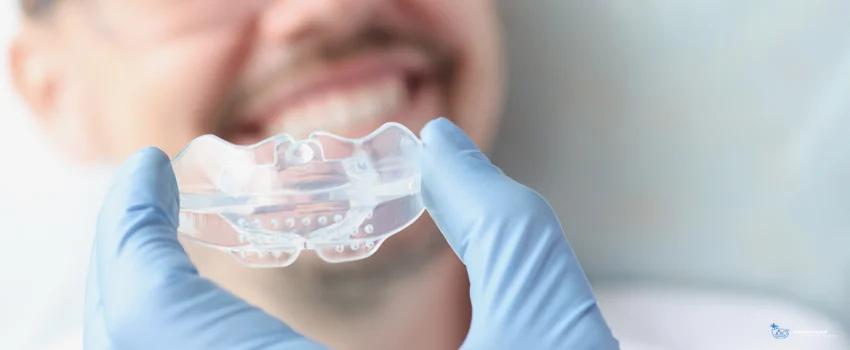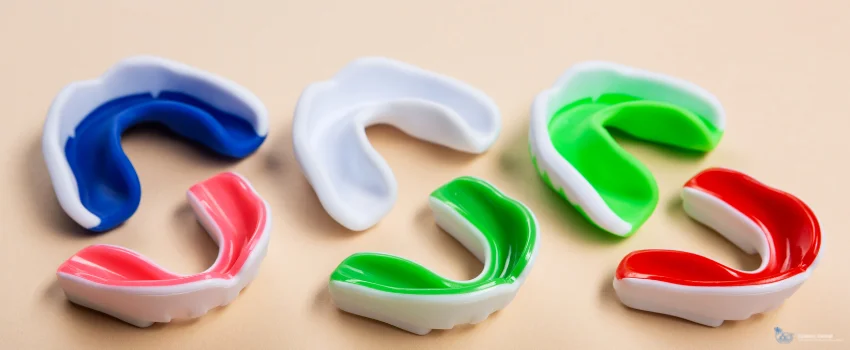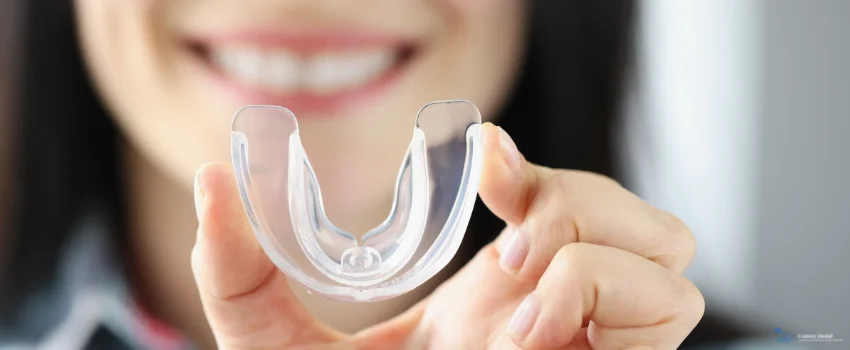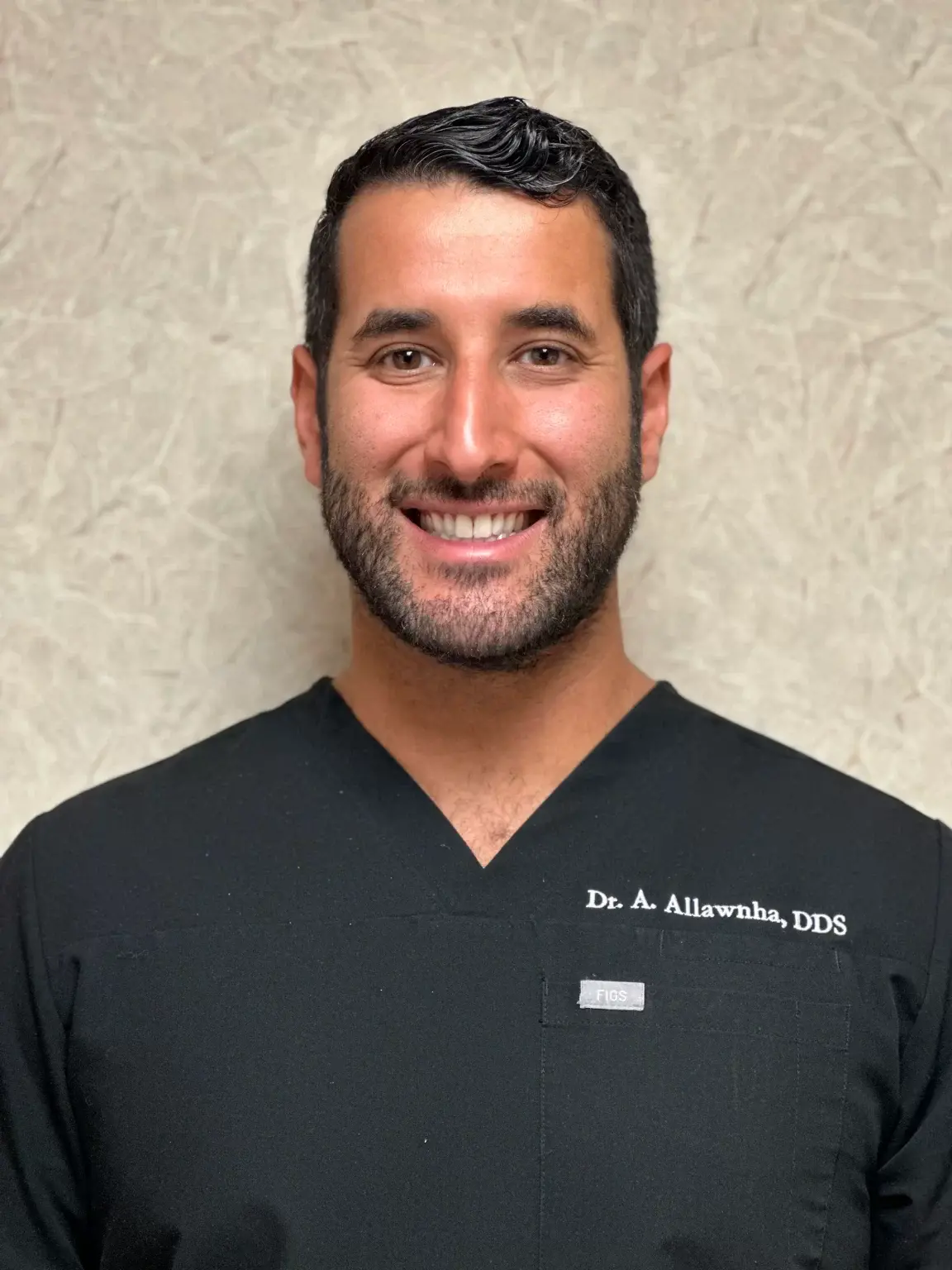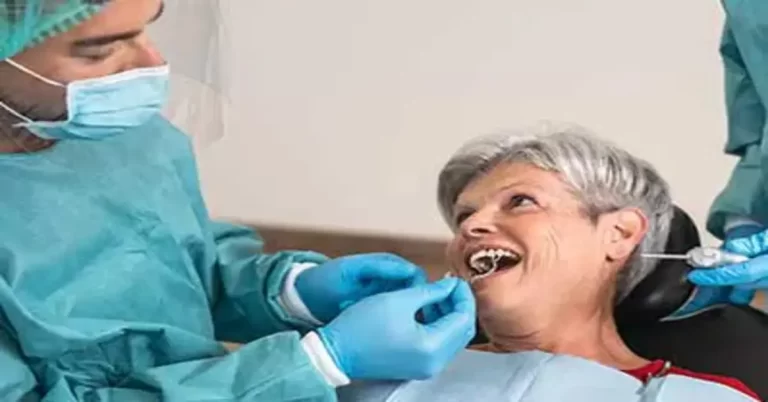We all know that our teeth are hard, durable, and built to last. But most of us don’t realize that even the strongest teeth can still be vulnerable to damage from sports, intense activities, teeth grinding, and other common hazards.
Luckily, there’s a simple and effective way to protect your teeth and keep your smile looking its best—wearing a mouthguard. But beyond just protecting your teeth from trauma, mouthguards can also offer a range of other benefits, such as reducing jaw pain and improving sleep quality.
Here are some things you need to know about mouthguards and why they are one of the best investments you can make for your dental health.
What is a mouthguard?
Mouthguards are not just any ordinary appliance that you pop into your mouth. They are a crucial tool that can shield your teeth, tongue, cheeks, and gums from serious harm and injury during physical activities or while sleeping. These protective devices come in a variety of shapes, sizes, and materials, but their goal remains the same—to create a barrier between your teeth and any external forces that may cause damage.
Wearing a mouthguard may seem like a small step, but it can have a massive impact on your well-being. Not only does it protect you from serious dental issues, such as tooth loss and jaw fractures, but it can also prevent potentially life-altering health problems like concussions. It’s a small investment that can potentially save you from serious dental injuries and health issues down the road.
Benefits of Mouthguard Use
Mouthguards are not just for athletes anymore. These dental appliances have become increasingly popular among individuals who want to protect their teeth and overall health from a range of potential risks. Here are the benefits of mouthguard use for your oral health:
1. It provides oral protection during sports.
Playing sports is a great way to stay active and healthy, but it can also be dangerous to your oral health. In fact, athletes are 60 times more likely to suffer dental injuries if they don’t wear mouthguards. Mouthguards are crucial in protecting your teeth from injury during sports, especially contact sports like football, basketball, and hockey.
2. It reduces the risk of concussion.
Dental injuries are not the only concern during sports activities. Injuries to the head can also be a serious issue. Mouthguards can reduce the risk of concussions by absorbing some of the impacts that would otherwise be transferred to your brain.
3. It reduces the effect of teeth grinding and clenching.
Teeth grinding and clenching, also known as bruxism, can cause several dental problems, including tooth wear, sensitivity, and jaw pain. Custom-fitted mouthguards can help alleviate these symptoms by providing a cushion between your upper and lower teeth and preventing them from grinding against each other.
4. It helps relieve symptoms of TMJ disorder.
Temporomandibular joint (TMJ) disorder is a condition that affects the jaw joint and can cause pain and discomfort. Mouthguards can help relieve symptoms of TMJ disorder by repositioning your jaw and preventing teeth grinding, which can aggravate the condition if not treated right away.
5. It facilitates the treatment of sleep apnea.
Sleep apnea is a sleep disorder characterized by interruptions in breathing during sleep. Custom-fitted mouthguards can help treat sleep apnea by keeping your airway open while you sleep. They work by repositioning your jaw and keeping your tongue and soft tissues from blocking your airway.
Types of Mouthguards
If you’re looking for the best protection for your teeth and mouth, choosing the right dental appliance is essential. But with so many types available on the market, how do you know which one to choose? To help you make an informed decision, here are the three main types of mouthguards:
1. Stock Mouthguards
These ready-made mouthguards are the least expensive and can be found at most sporting goods stores. However, they provide the least amount of protection and may not fit your mouth properly. This can lead to discomfort and difficulty in breathing and speaking.
2. Boil-and-Bite Mouthguards
Boil-and-bite mouthguards offer a more customized fit than stock mouthguards. As with the name, they can be molded to fit your teeth by boiling them in water and biting down on them. They’re also relatively inexpensive and can be found at most sporting goods stores.
3. Custom-Fit Mouthguards
The most personalized and comfortable option is custom-fit mouthguards created by your dentist, who will take an impression of your teeth to ensure a perfect fit. Although they are the most expensive, they offer the best protection against dental injuries and are a wise investment for your dental health.
Caring for Your Mouthguard
With proper maintenance and cleaning, you can extend the lifespan of your dental appliance and ensure optimal protection for your teeth and mouth. Here are some simple yet effective tips to help you keep it clean:
- Store mouthguards in a clean, dry container to prevent them from accumulating bacteria. A vented plastic case is ideal, as it allows air to circulate and prevents moisture buildup.
- Avoid exposing them to extreme heat or direct sunlight, as it can warp or alter their shape.
- Rinse with cool water before and after each use to remove any debris or saliva.
- Use a soft-bristled toothbrush and mild soap or toothpaste when cleaning and avoid using hot water.
- For a deeper clean, you can soak them in a solution of water and vinegar for a few minutes. This will help eliminate any bacteria or odor-causing germs.
- Keep mouthguards out of reach of pets and children.
How long do mouthguards last?
A mouthguard’s lifespan depends entirely on how frequently you use it. The more you use it, the more vulnerable it becomes to wear and tear.
If you’re using over-the-counter mouthguards, keep in mind that they won’t last as long as a custom-fitted one. You’ll need to replace it at least every three months to make sure it’s still providing the protection you need. Teenagers, whose jaws and teeth are still developing, will need to replace theirs more often to ensure a proper fit.
Can you use mouthguards if you have braces or dental implants?
If you’re concerned about mouthguard uses when you have braces or dental implants, don’t be. Patients with braces or implants can wear them without any issues. Mouthguards also protect braces, implants, and other dental restorations such as crowns and bridges. However, dentists recommend wearing custom-made mouthguards as they can fit the unique shape of braces or implants more effectively,
Key Takeaway
Your smile is one of your most valuable assets, so it’s essential to protect it from harm. Mouthguards are an effective tool in safeguarding your dental health during sports, while sleeping, or from the harmful effects of teeth grinding. But not all mouthguards are created equal. Custom-fitted ones offer unparalleled comfort and protection, especially for those with dental restorations like braces or implants.
And just like any other investment, you want to get the most out of it. Proper care and maintenance of your dental appliance will ensure its longevity and help you avoid unnecessary oral and dental problems.
Protect your winning smile with Century Dental.
At Century Dental, we understand the importance of protecting your teeth and dental health during sports and recreational activities. That’s why we recommend using mouthguards to prevent dental injuries and maintain a healthy smile.
Our experienced dentist in South Pasadena, FL, can help you find the right dental appliance to suit your needs. We also offer regular dental check-ups to inspect them for any signs of damage or wear and tear, so you can maintain your oral health and keep them in top condition. Contact us today to schedule an appointment.

